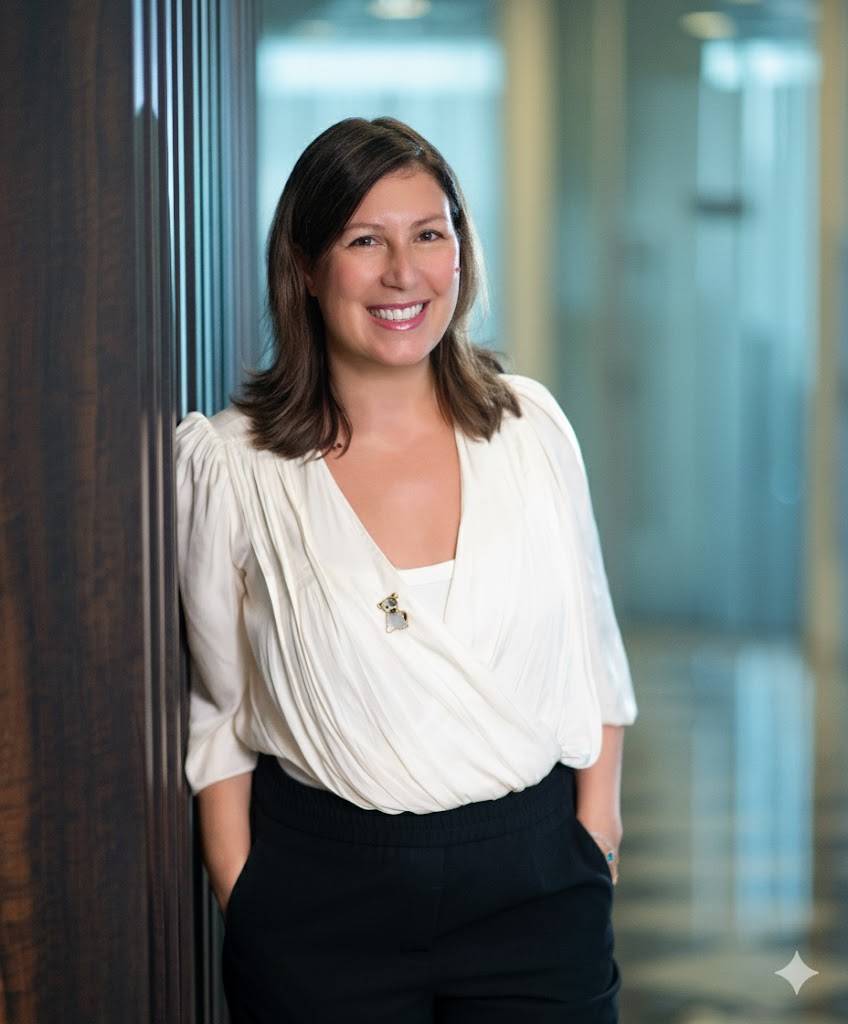Corporate and Trust Advisory, The Sovereign Group
The Ras Al Khaimah International Corporate Centre (RAK ICC) announced the launch of a new ‘Foundations’ regime with the issuance of the RAK ICC Foundations Regulations on 15 December 2019.
The regulations result from a global benchmarking exercise to ensure they meet the appropriate international standards and market requirements. They provide for the registration of a Foundation established by a founder to dedicate certain assets towards specified charitable or non-charitable purposes.
A Foundation is neither a company nor a trust but has some similarities to both. It is an incorporated body that has a separate legal personality and can hold assets, transact business, and sue or be sued in its name. Unlike a company, however, a Foundation has no shareholders.
A Foundation is established by a founder, who provides the initial assets – known as the endowment. The assets are then held for the purposes set out in the Foundation’s document of establishment and are administered according to contractual rather than fiduciary principles.
The Foundation is governed by constitutional documents. These are a charter that can be open to public inspection, and regulations, like a company’s articles of association, remain private. The founder can retain flexible powers over the assets in the Foundation if this is permitted in the constitution.
Whereas trust assets are held by a trustee, a Foundation has a council that administers the Foundation’s assets and carries out its aims in accordance with its constitution. It must act in good faith. It can have one or more members and is similar to a board of directors. A ‘guardian’ can be appointed to ensure that the council does what it is meant to do, similar to a trust protector.
Foundations can be used for several purposes, including but not limited to, financial structuring, succession and tax planning, private wealth management and preservation, asset protection, and by charitable institutions.
The Foundation Regulations are designed to protect the founder’s wishes and the Foundation’s assets. Some of the regime’s other key features include:
RAK ICC is not the only free zone authority in the UAE that offers the potential benefits of a Foundation. The Dubai International Financial Centre (DIFC) and Abu Dhabi Global Market (ADGM) have their own regimes. Each location shares the core benefits of these entities, but there are a few unique advantages to each jurisdiction.
The Foundation can be used for:
Sovereign Corporate Services is a registered agent for the RAK International Corporate Centre (RAK ICC). We would recommend getting professional advice to determine if a RAK ICC foundation is a suitable structure for your requirements.
 George Paul Kuttikat
George Paul Kuttikat
In the UAE, Foreign Ownership is regulated by Federal Decree-Law No. 32/2021, on Commercial Companies (UAE Companies Law) Article 71. This new law allowed 100% ...
 Mohamed Darwish
Mohamed Darwish
In the world of hospitality real estate, it's common for projects to be sold long before people can actually experience them. Buyers sign up for products withou...
 Clotilde Iaia Polak
Clotilde Iaia Polak
What is a Killer Acquisition? A killer acquisition occurs when a dominant company acquires a smaller, innovative rival-often in sectors like tech, pharma, or b...
Stay updated with the latest legal news, events, and expert insights from The Jurist.